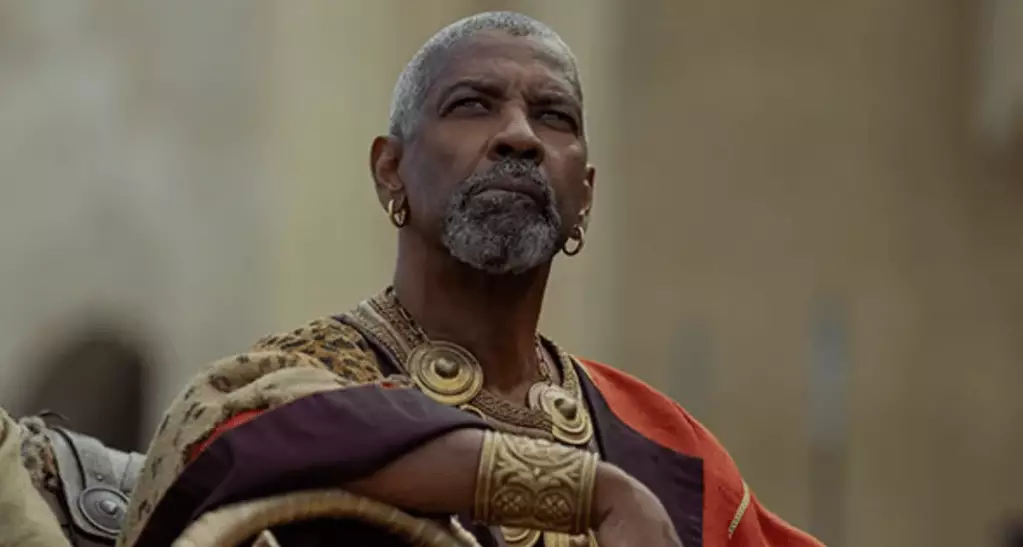Denzel Washington is a name synonymous with talent and success in Hollywood. His illustrious career, marked by critically acclaimed performances and blockbuster hits, stands as a testament to his skill as an actor. However, in a recent interview with The Times of London, Washington candidly discussed the pitfalls of his earlier career choices. Despite his impressive resume, he acknowledges that not every film he starred in was a masterpiece. This reflective stance demonstrates Washington’s humility and self-awareness, qualities that make him not just a great actor, but also a relatable figure in the entertainment industry.
Following the acclaim he received for his portrayal of Malcolm X in 1992, Washington admits to making some questionable film choices throughout the 1990s. He notes, “I was earning. I had responsibilities.” This statement encapsulates the internal conflict many artists face: the tension between passion and financial obligations. Washington’s comment highlights the reality that many actors must navigate; while the pursuit of artistic integrity is vital, the need to provide for one’s family often influences career decisions. The phrase “learn, earn, and return” aptly summarizes his life philosophy, underscoring a journey that transitions from personal growth to financial success, ultimately leading to philanthropic endeavors.
Despite Washington’s admission of making “real clunkers,” a glance at his filmography from the 1990s reveals several noteworthy performances. Films like *The Pelican Brief*, *Crimson Tide*, and *The Preacher’s Wife* were not only commercially successful but also showcased his range as an actor. This contrast between his self-critique and the public’s perception invites an interesting discussion about how personal evaluations of one’s work can differ drastically from external assessments. While Washington sees a career dotted with errors, audiences and critics continue to celebrate his contributions to film, raising questions about the metrics we use to define artistic success.
In discussing his role in the upcoming *Gladiator II*, Washington shares insights into how personal experiences and character nuances shape his performances. He asserts that every character embodies a part of himself, stating, “You bring yourself to the part.” This philosophy explains why so many viewers resonate with his portrayals; his inherent goodness and authenticity shine through even in roles that might traditionally be seen as darker or more complex. This connection with the audience highlights the importance of authenticity in storytelling, illustrating how an actor’s personal qualities can enhance narrative depth.
As Washington continues to navigate his career, the blend of self-reflection, accountability, and authenticity remains at the forefront. His willingness to acknowledge past missteps while simultaneously celebrating his successes defines a leader in the arts. As he embarks on new projects, including *Gladiator II*, audiences can anticipate performances that not only entertain but also inspire. Washington’s journey illustrates the intricate balance between personal growth and professional achievement, inviting both fans and aspiring actors to embrace their own paths with openness and honesty. This nuanced approach ultimately shapes not just a career, but a lasting legacy in the world of cinema.


Leave a Reply